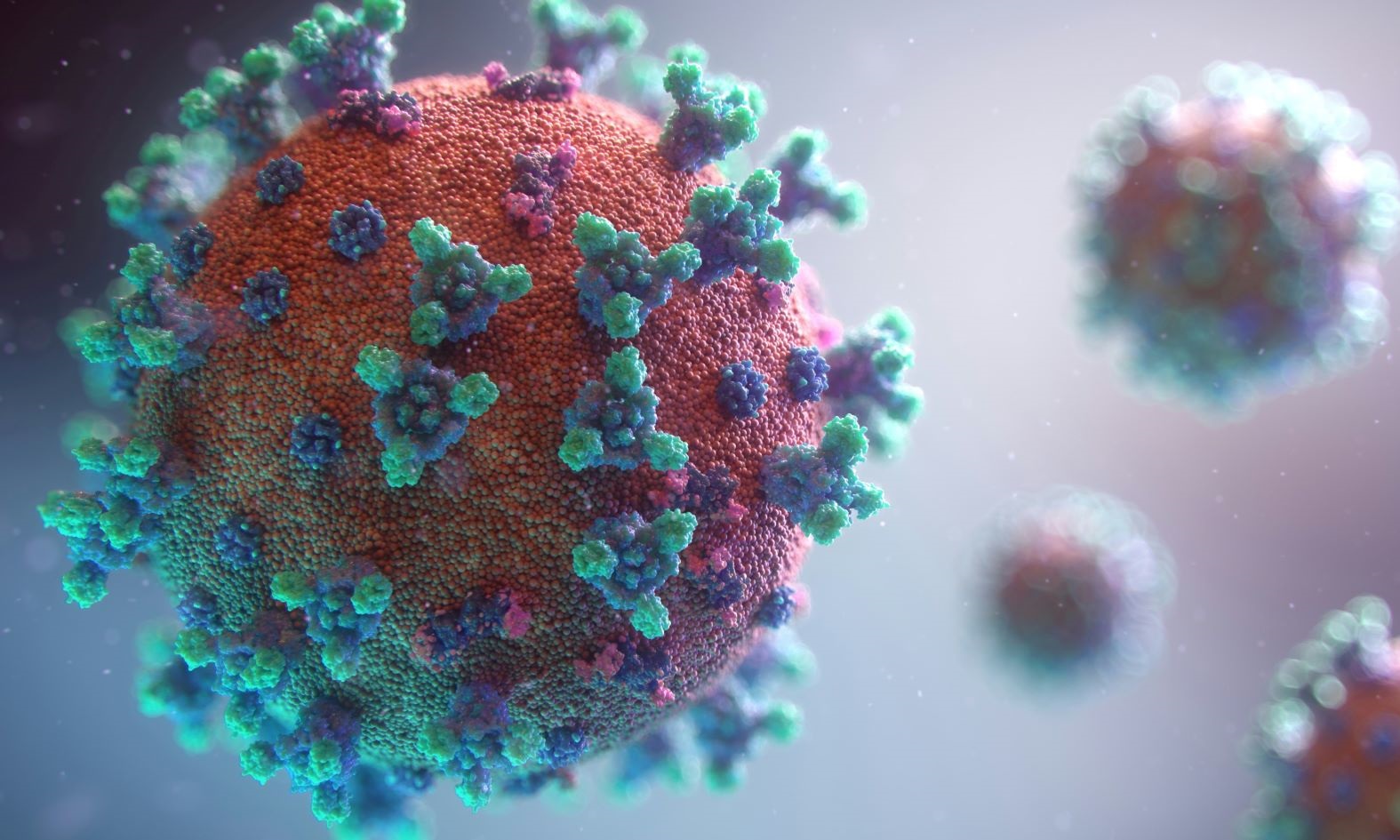Baylor College of Medicine’s Dan L Duncan Comprehensive Cancer Center has launched the Albert and Margaret Alkek Foundation Center for Experimental Therapeutics, a Phase 1 clinical trial program that will provide its patients the opportunity to enroll in early phase clinical trials targeting a wide range of malignancies. The program’s first trial, which includes a novel therapy targeting a mutation commonly found in pancreatic and colorectal cancers, enrolled its first patient earlier this month ().
“Clinical trials are critical for advancing the field of oncology and improving outcomes for cancer patients. Phase 1 trials are the first step in bringing innovative therapies to the clinic,” said , Barry S. Smith Endowed Professor at Baylor and medical director of medical oncology at the Duncan Cancer Center McNair Campus. “Our new program will build on the success of previous phase 1 trials at Baylor and provide robust infrastructure to offer more clinical trial opportunities to our patients.”
The purpose of Phase 1 trials is to demonstrate safety and feasibility of cutting-edge therapies that have shown promise in the laboratory. Clinical trials in the Phase 1 program will investigate therapies developed by scientists within and outside of Baylor College of Medicine. Patients will receive treatment at the Duncan Cancer Center’s clinical home, Baylor St. Luke’s Medical Center’s state-of-the-art at the McNair Campus.
“Phase 1 oncology clinical trials provide patients early access to cutting-edge therapeutics and immunotherapies that are not widely available. Patients in these trials are often selected because their tumors have a molecular feature that is targeted by these therapies,” said , who holds Baylor’s Albert and Margaret Alkek Endowed Chair and serves as associate dean for experimental therapeutics at Baylor and associate director of translational research at the Duncan Cancer Center.
The Phase 1 program’s team of clinical investigators consists of experts from all specialty areas, and Duncan Cancer Center patients will be able to continue care with their subspecialty provider while participating in a trial. Physicians from outside Baylor will also be able to refer patients to the Phase I program through an expedited and seamless referral process.
“We are excited to offer novel research treatment options to our cancer patients at our state-of-the-art unit,” said , director of the Dan L Duncan Comprehensive Cancer Center and senior associate dean of cancer programs at Baylor. “This program will increase the scope of our research while giving the cancer patients in our community access to first in human and cutting-edge clinical trials.”
“This program is another example of how Baylor is at the forefront of research and patient care. We are advancing medicine by taking innovations made in the lab and moving them to the bedside,” said , interim dean of research and dean of the Graduate School of Biomedical Sciences at Baylor.
The Albert and Margaret Alkek Foundation Center for Experimental Therapeutics is named in recognition of the foundation that provided initial support of the program and key leadership recruitment.
“The Albert and Margaret Alkek Foundation has been one of Baylor’s strongest supporters, helping the College recruit world-renowned talent and build meaningful programs such as the new Albert and Margaret Alkek Center for Experimental Therapeutics,” said Dr. Paul Klotman, president, CEO and executive dean of Baylor. “This Center will deliver cutting-edge trials to help our community.”








